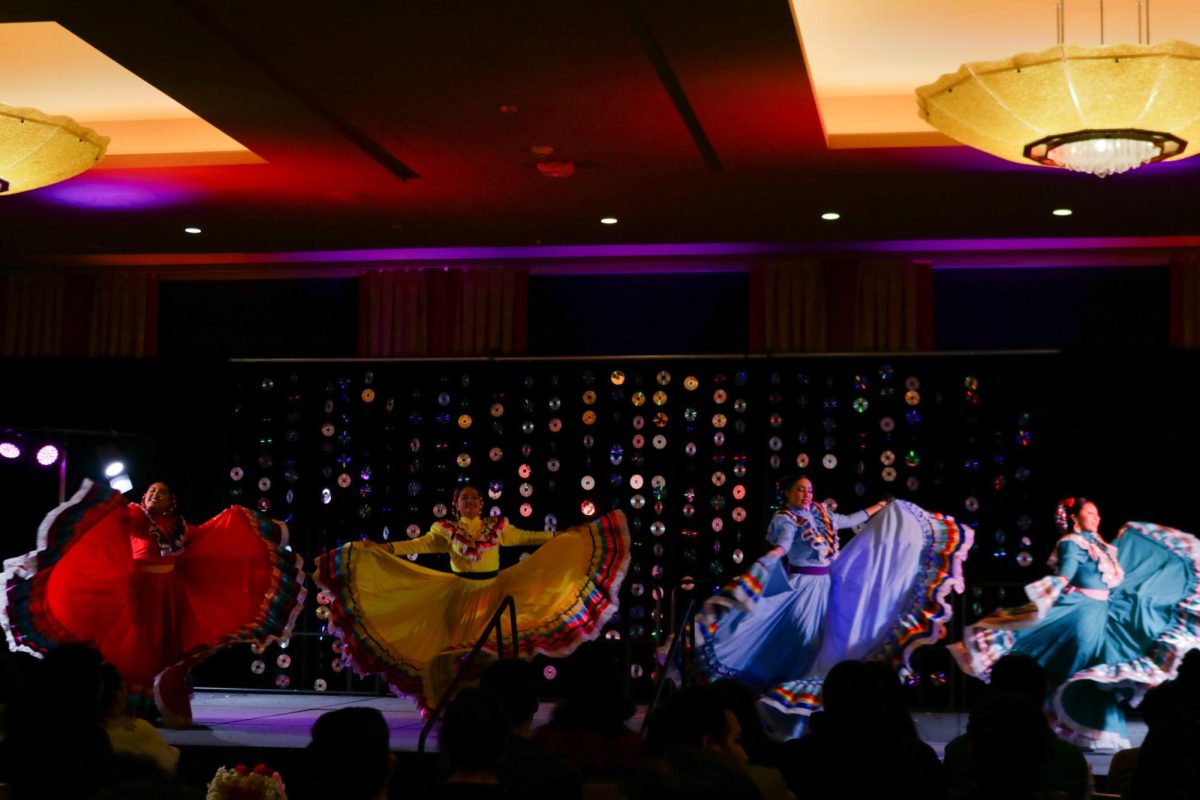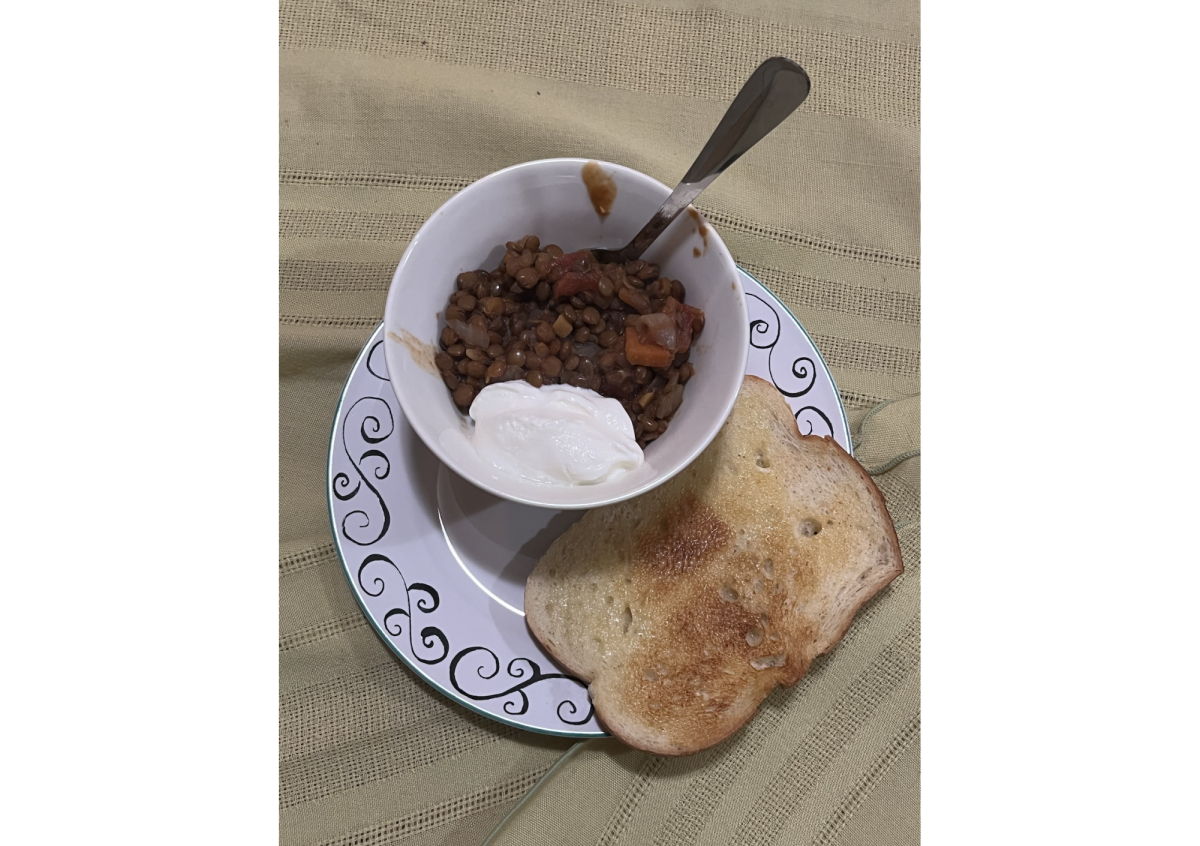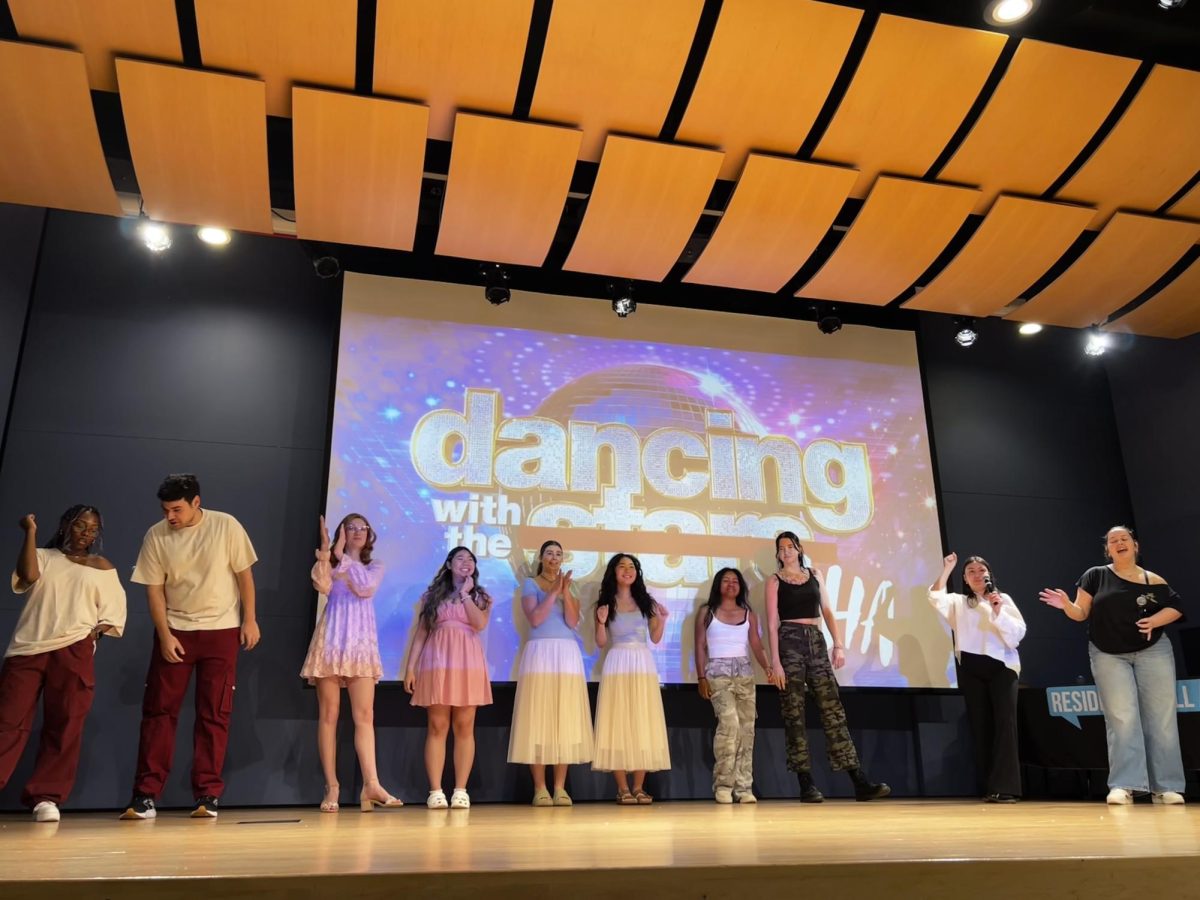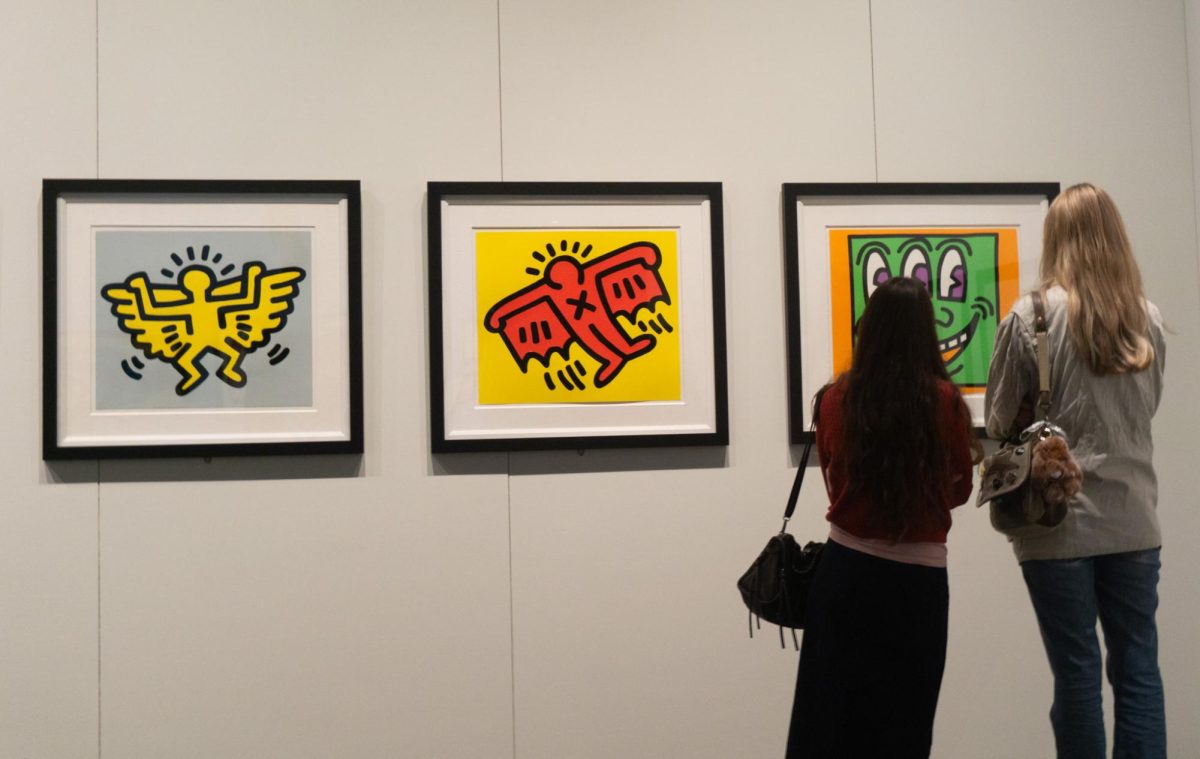On the Tuesday before the Seattle Women’s March 2.0, conversations about women’s rights stirred at the Capitol Hill Library. An assortment of people from the neighborhood attended the Socialist Feminist Book Club this month to discuss “Women, Race and Class” by Angela Davis.
The author, Davis is a political activist, radical, author and scholar. She wrote and published “Women, Race and Class” in 1983. The book tells the untold history of the suffragette movement and writes about its unsung heroes, many of whom paved the way for equality and feminism.
Highlighting the internal struggles that the suffragettes were dealing with, the book also talks about the underlying fights of race and class. The Civil Rights Movement was happening at the same time as the Women’s Suffrage movement, and for women, these three oppressed groups, women, race and class overlapped. It’s their common struggle that Davis discussed in her book.
The Socialist Feminist Book Club were only discussing chapters one through six of Davis’ book. Attendees, which constituted of men and women of all ages, gathered in a large circle to discuss the book as a whole, before breaking into two smaller groups to have more productive discussions.
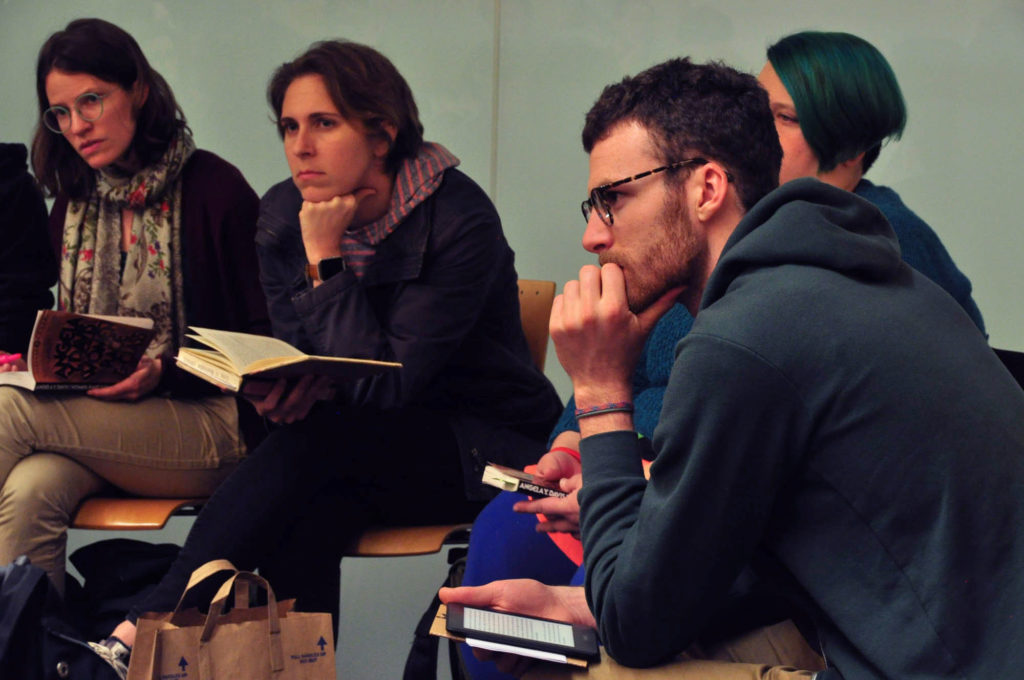
Book club members listening intently to the conversation about the historical account of feminist movements for suffarage in the US.
Around 50 people were in attendance, the largest group of attendees the Socialist Feminist Book Club has ever had since it’s conception a few months ago. Under Seattle’s branch of the Democratic Socialists of America (DSA), the Socialist Feminist Book Club started because they wanted another space and a different medium to share ideas. They collaborated with the Queer and Feminist Caucus to start this club and many of the group’s attendees have a liations with either or both of these organizations. This is the third book that they have read since their formation.
The groups began by talking about the newfound history that they had learned from the book. One attendee, Jessica Warton, spoke to the group, “Women turning their back on their su rage of a black man, Martin Luther King Jr, was invested in throwing all kinds of oppression,” Warton reflected. “I like how she [Davis] separated and prioritized the three different oppressions [Women, Race, and Class].”
Another attendee had a different opinion. A nurse and Alumni of Seattle University Michelle Farber reflected that “Women, Race and Class are mutually exclusive.”
“I can hear a cry about the present day from her,” long-time member of the DSA Laura King said.
Davis’ book that discussed radical opinions about “Women, Race and Class,” talks about many gures that parallel many activists today.
“Through the abolitionist movement, women were white feminists and were also white abolitionists that understood today better than us,” one attendee said.
The conversation navigated from the book, connecting to the hate and the struggles women are facing today. From Davis’ book, an attendee and facilitator of one of the small groups Sue Hildreth explained, “It’s the harshness of our oppression that causes us to be harsh with each other. There’s a warmth that Davis uses throughout the book, and if we use that warmth, we’ll be able to see the other perspective.”
For the Women’s March that happened this past Saturday, some of the people that attended the book club attended the march last year and are finding other ways to help out. Whether it’s volunteering or being there in spirit, they still find the march to be valuable.
One attendee was a mother with a young daughter. She shared with the group how she’s taking her daughter to the march because she wants her to be a part of the movement. “It’s a good place for her to see and experience something like this,” she said. They’ve already made a poster together for the march.
The book group will be meeting on Feb. 13 at Beacon Hill Library from 6-7:30 p.m. For all those that are interested, they will be discussing the rest of the book.
The editor may be reached at
arts@su-spectator.com



